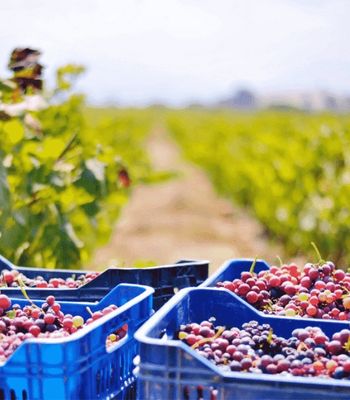
Are you curious about the hidden gem of the liquor world? We’re of course talking about Pisco. The centuries-old spirit is still relatively unknown outside of South America, however, this does not detract from the fact that Pisco’s rich history dates back to the 17th century.
In fact, the origins of Pisco can be traced back to the devastating volcanic eruption of the Huaynaputina Volcano, which wiped out the Spanish cultivation of grapes. The grapes that replaced them were used to make Pisco; the rest is history.
The etymology of Pisco’s name is just as intriguing. The liquor derives its name from an important colonial port in Peru named Pisco, which was mainly used to export viticultural products. These products were all stored in Piscos jars, giving the liquor its name. Given Pisco’s unique history and characteristics, it is time to spread awareness about this delightful liquor and its production.
What sets Pisco apart from other liquors? For starters, it has a “Denomination of Origin,” meaning only liquors that meet specific standards can be granted the right to be called Pisco. These standards include the region of production, grape varieties used, and alcohol percentage, among other factors. Rompe Mar Pisco is produced in the Lunahuaná Valley, three hours away from Lima. This area’s climate and soil conditions, situated between the Andes and the Pacific, are unique and provide the ideal conditions for cultivating grapes.
Rompe Mar’s Acholado blend comprises 50% Italia grapes and 50% Quebranta grapes. It is distilled to proof, meaning that only the grapes themselves are used, and no added sugars, yeast, or water are included, resulting in a completely pure and natural Pisco.
We must also give credit to the skilful distillery behind the Rompe Mar Pisco: Bodega Santa Maria. The small yet highly experienced distillery has been making Pisco for three generations. The advanced technology and process they have implemented, combined with the expertise of the master distiller, Pepe, result in a high-quality final product. Bodega Santa Maria works in small networks to guarantee the best quality for the final consumer.
